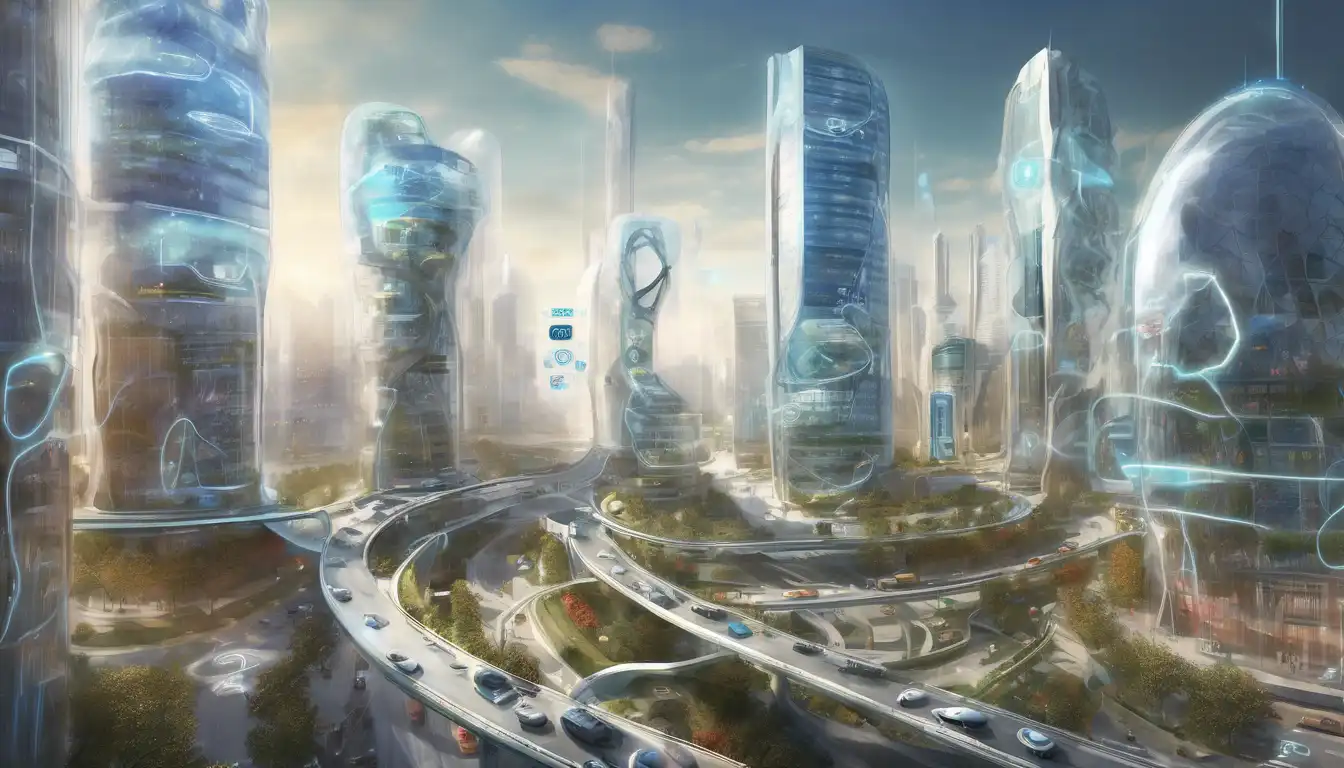The Role of IoT in Shaping Smart Cities
The Internet of Things (IoT) is revolutionizing the way we live, work, and interact with our urban environments. By connecting devices, sensors, and systems across cities, IoT is laying the foundation for smarter, more efficient, and sustainable urban living. This article delves into the transformative potential of IoT in smart cities, highlighting key areas of impact and future possibilities.
Key Areas of Impact
IoT technology is being leveraged in various sectors to enhance the quality of life in urban areas. Below are some of the most significant applications:
- Transportation: IoT enables smart traffic management systems that reduce congestion and improve public transportation efficiency.
- Energy: Smart grids and IoT devices help in optimizing energy use, reducing waste, and promoting renewable energy sources.
- Public Safety: From surveillance cameras to emergency response systems, IoT technologies are making cities safer.
- Waste Management: Smart bins and IoT-based monitoring systems are transforming waste collection and recycling processes.
Future Possibilities
The future of IoT in smart cities is boundless. With advancements in AI and machine learning, IoT devices will become even more intelligent, capable of predicting and responding to urban challenges in real-time. Imagine a city where traffic lights adjust based on real-time traffic data, or where air quality sensors automatically trigger pollution control measures. The possibilities are endless.
Challenges and Considerations
Despite its potential, the integration of IoT into smart cities is not without challenges. Issues such as data privacy, security, and the digital divide must be addressed to ensure that the benefits of IoT are accessible to all citizens. Moreover, the success of IoT in smart cities depends on collaboration between governments, technology providers, and the community.
For more insights into how technology is transforming urban living, check out our articles on urban development and sustainable cities.
Conclusion
The future of IoT in smart cities is bright, offering unprecedented opportunities to enhance urban living. By addressing the challenges and fostering innovation, we can unlock the full potential of IoT to create cities that are not only smarter but also more livable and sustainable for future generations.
